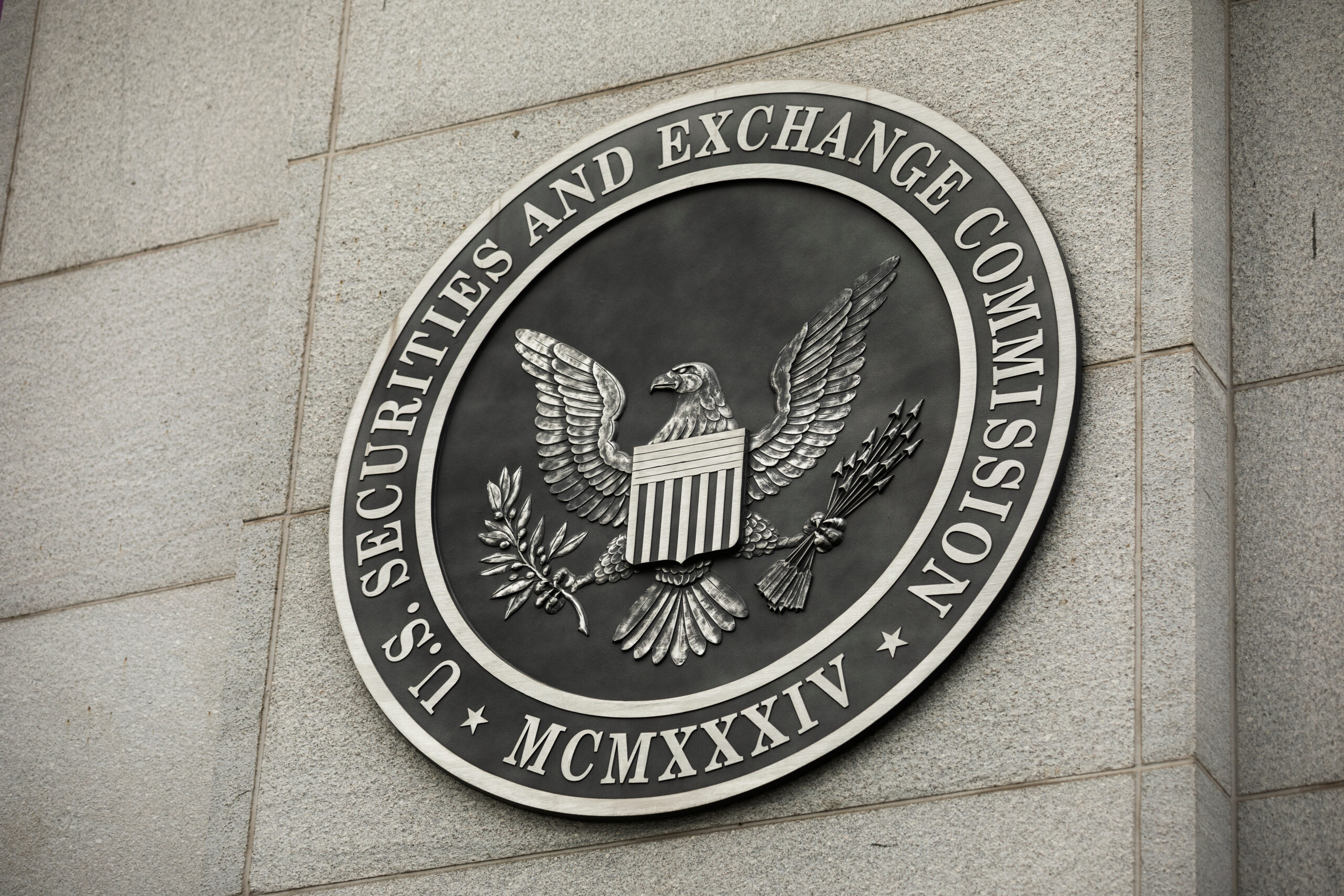Biden SEC Sued Over Investor Surveillance

Last Tuesday, the New Civil Liberties Alliance (NCLA) filed a lawsuit alleging that the Securities and Exchange Commission (SEC) is engaging in unconstitutional surveillance by collecting extensive financial data from investors without proper authorization. The SEC’s Consolidated Audit Trail (CAT) is a program that records detailed information on every trade executed in U.S. markets.
NCLA attorney Peggy Little said, “By seizing all financial data from all Americans who trade in the American exchanges, SEC arrogates surveillance powers and appropriates billions of dollars without a shred of Congressional authority — all while putting Americans’ savings and investments at grave and perpetual risk.”
The lawsuit, filed in the U.S. District Court for the Western District of Texas, describes CAT as “the greatest government mandated mass collection of personal financial data in United States history.” It claims that the SEC, alongside other self-regulatory organizations (SROs), imposes multibillion-dollar costs on American investors through fees that ultimately fund the CAT.
An SEC spokesperson responded to these claims, stating, “The Commission undertakes its regulatory responsibilities consistent with its authorities.”
Historical perspectives on surveillance suggest that while governments traditionally needed extensive resources to track individuals, modern technologies enable vast data collection at minimal costs. This shift allows for the mass tracking of every financial transaction, creating significant privacy concerns.
In a recent op-ed, former Attorney General William Barr criticized the CAT program, suggesting that such sweeping data collection efforts should face rigorous constitutional scrutiny. “But the whole point of the Fourth Amendment is to make the government less efficient by making it jump through hoops when it seeks to delve into private affairs,” Barr wrote.
The lawsuit against the SEC’s CAT program raises profound questions about balancing regulatory oversight and individual privacy rights. Critics argue that the CAT, by collecting comprehensive data on investors’ trades, stretches the boundaries of governmental power beyond constitutional limits. Such a program should require explicit congressional sanction rather than being unilaterally implemented by a regulatory agency.
Moreover, this case underscores a broader debate about the role of government in the digital age—where the line should be drawn between surveillance for regulatory or security purposes and the preservation of citizen privacy.
























